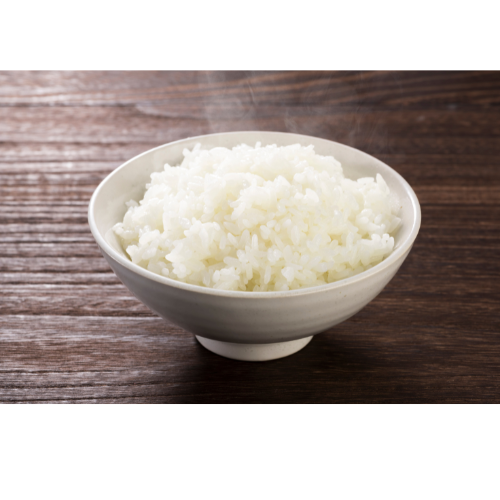Gluten sensitivity and celiac disease are increasing health concerns for many, leading to a rising interest in gluten-free diets. This shift has brought a spotlight onto everyday foods, prompting the question: does white rice have gluten? In this blog post, we’ll explore the gluten content in white rice and provide valuable insights for those managing a gluten-free lifestyle.
What is Gluten?
Before diving into white rice, let’s understand what gluten is. Gluten is a group of proteins found in certain grains, like wheat, barley, and rye. It’s known for giving bread its chewy texture and is often used as a stabilizing agent in various food products. For individuals with gluten intolerance or celiac disease, consuming gluten can lead to serious health issues.
White Rice: A Gluten-Free Staple
The good news is, white rice is naturally gluten-free. This grain is a staple in many cultures and is favored for its versatility, ease of cooking, and neutral flavor. Unlike wheat, barley, or rye, rice does not contain gluten, making it a safe choice for those on a gluten-free diet.
Cross-Contamination Concerns
While white rice is inherently gluten-free, cross-contamination can be a concern. This can occur in processing facilities that also handle gluten-containing grains. If you’re highly sensitive to gluten, it’s crucial to look for white rice labeled as gluten-free, which ensures it’s processed in a gluten-free facility.
Nutritional Profile of White Rice
While it’s gluten-free, white rice is often criticized for its lower nutritional value compared to whole grains. White rice has had its husk, bran, and germ removed, which reduces its fiber, vitamin, and mineral content. However, it’s often enriched with nutrients like iron and B vitamins, making it a nutritious option for many.
Versatile and Safe for Gluten-Free Diets
White rice is incredibly versatile and can be included in a variety of dishes. From sushi to risotto, it’s a gluten-free ingredient that adapts well to both savory and sweet recipes. Its blandness also makes it a good option for those with sensitive stomachs, especially during a gluten-related reaction.
In conclusion, white rice is a safe and nutritious choice for individuals following a gluten-free diet. However, be mindful of cross-contamination and opt for rice labeled gluten-free if you’re highly sensitive. As always, it’s important to maintain a balanced diet and consult with healthcare professionals for personalized dietary advice, especially in cases of severe allergies or celiac disease.
